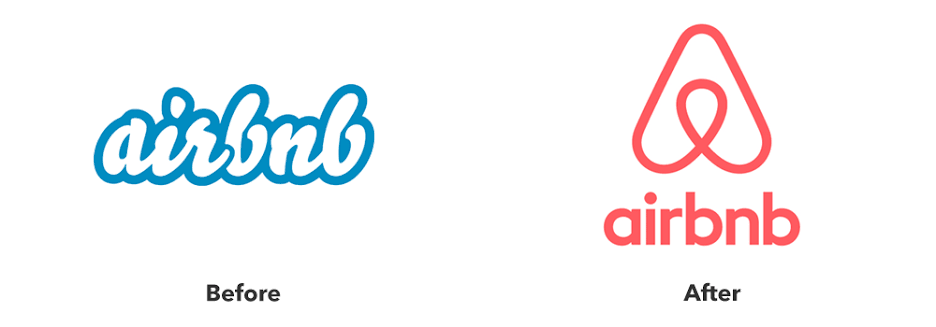Case Study: Airbnb – How Branding Turned a Struggling Startup into a $100B Empire
Before Branding: A Struggling Startup on the Verge of Failure
Financial Struggles: In 2008, Airbnb was barely making $200 per week and was on the brink of collapse. Founders resorted to selling custom cereal boxes (“Obama O’s” and “Cap’n McCain’s”) to raise funds.
Lack of Trust = Low Bookings: Travelers were hesitant to book with strangers, and hosts were skeptical about renting out their homes. This lack of trust led to poor adoption rates.
Unclear Market Positioning: Airbnb was seen as a “couch-surfing” alternative rather than a legitimate hospitality service, making it difficult to attract serious users.
Inconsistent User Experience: The platform lacked cohesive branding, professional visuals, and clear messaging, which made it seem unreliable.
Branding Transformation: The 2014 Rebrand That Changed Everything
New Brand Identity: Airbnb introduced the “Bélo” logo, symbolizing belonging, trust, and community—key factors in overcoming skepticism.
Refined Messaging & Storytelling: The brand shifted from selling “places to stay” to selling “experiences” and the feeling of home anywhere in the world.
Professional Aesthetic & UX Overhaul: The website and app were redesigned with high-quality visuals, cohesive design, and an intuitive user experience.
Targeted Emotional Marketing: Campaigns like “Belong Anywhere” positioned Airbnb as a premium, aspirational travel brand rather than a cheap alternative to hotels.
After Branding: Massive Growth, Profitability & Market Domination
Revenue Explosion: By 2015, Airbnb was generating $900M in revenue, an 80% year-over-year increase after the rebrand. By 2022, revenue surpassed $8.4B.
Skyrocketing Valuation: The company’s valuation jumped from $10B in 2014 to over $100B in 2020, making it one of the most valuable hospitality brands.
Global Expansion: Airbnb went from operating in a few cities to 220+ countries, surpassing major hotel chains in listings.
Profitability Turnaround: By 2022, Airbnb reported its first full-year profit of $1.9B, proving the long-term financial impact of strategic branding.
Stronger Customer Trust: The new branding transformed Airbnb into a household name, leading to a massive increase in repeat bookings and host sign-ups.
Key Takeaway:
Airbnb went from near bankruptcy to a $100B global giant—simply by fixing its branding. Trust, positioning, and storytelling turned a failing startup into a market leader. The numbers don’t lie: branding is the difference between being forgotten and becoming an industry icon.

